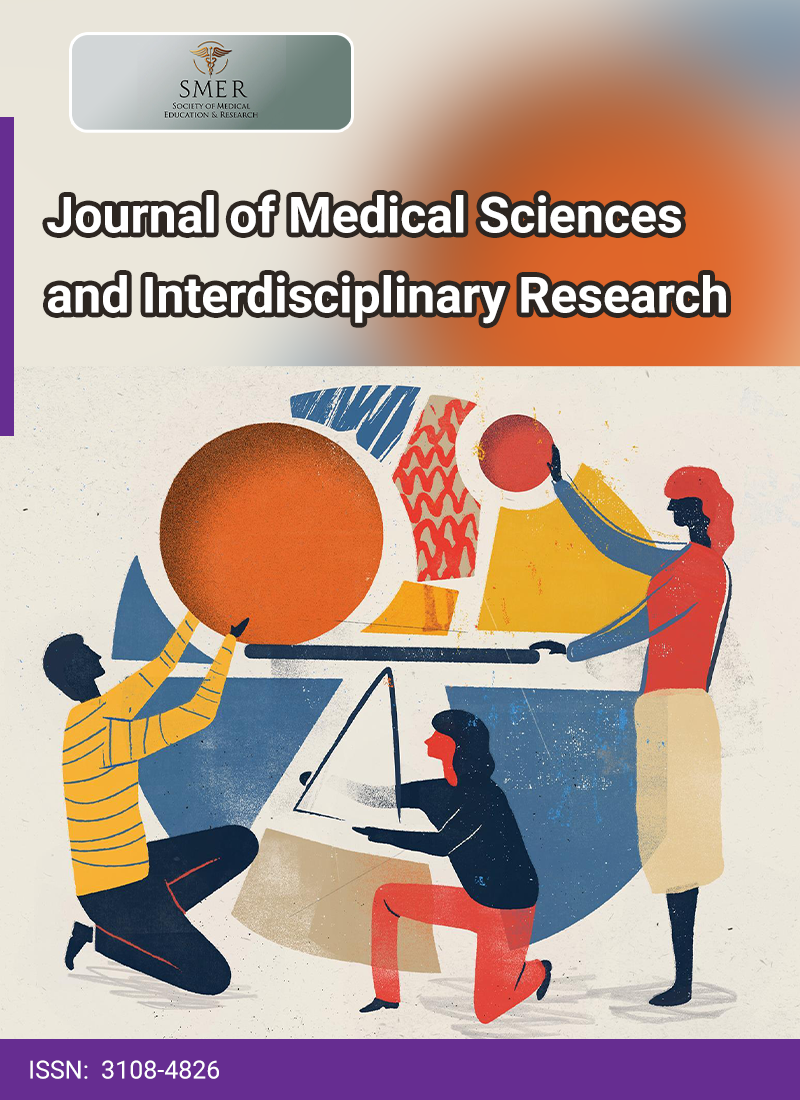
The present review aimed to investigate the impact of keratoconus on patient well-being. Improving the quality of life of patients remains a key focus in modern medicine. The advent of advanced therapeutic methods has significantly slowed the progression of numerous diseases. Among the various causes of visual impairment, corneal diseases play a major role. Statistically, one in four people with vision problems suffers from a corneal condition. In particular, keratoconus is a pressing concern globally, affecting a significant portion of the young and working-age population. Researchers have investigated various factors that contribute to the development of keratoconus, including genetic, environmental, mechanical, allergic, and other causes. As the disease progresses, it can severely affect the quality of life of patients. However, surgical treatments such as cross-linking have shown significant improvements, leading to reduced anxiety and better overall outcomes. With the advancements in diagnostic technology, healthcare providers can now assess and enhance the quality of life for keratoconus patients during treatment.